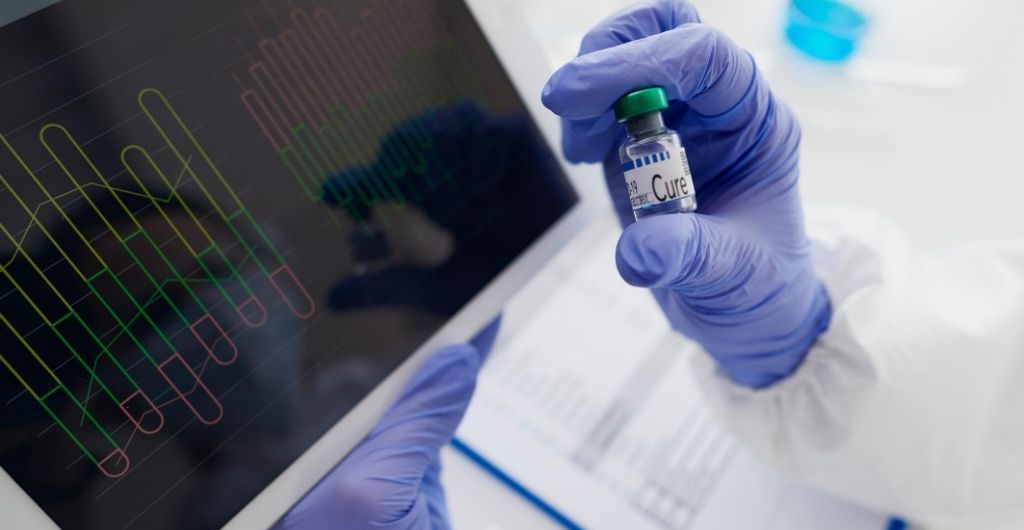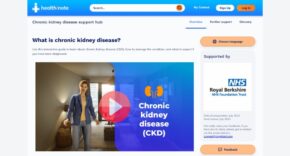
There is no debate that Covid-19 has so far defeated the world with its powerful impact and the world is still struggling to cope with and learning how to eventually win the battle. No one as yet knows what is the best method to prevent and cure this disease and the race is going on around the world to find a definite answer. This uncertainty is the biggest confusion and challenge for people, throughout the world, about not knowing what to do and how to be sure who is giving the correct advice.
It doesn’t require research trials to prove this is the reality given the human effect of the covid-19 seen world wide, which is self-explanatory. Large picture around the UK and the world shows people are often tend to get confused and less convinced with the government advice they receive and as a result not follow it seriously.
Why People are confused?
There is an ongoing debate on wearing facemasks both in favour and against and even the BMJ has published a selective “letter of the week” showing a long list of reasons against wearing Facemasks. However I am yet to learn how many Covid 19 patients have been detected or admitted or died as a result of wearing a facemask? On the other hand, it is self evident in the UK that a number of Covid 19 patients in communities and hospitals could have been reduced, if not avoided, if the people used more protective measures by wearing facemasks.
The world is uneasy with the WHO advice which seems to change as or when with the flow and the weight of the debate. The UK medical community via the government channels passing advice to the public, which is often, has been reported as unclear and confusing as to who and what to believe? The media and the BBC have reported the government was very careful in not using the word facemask but “face-cover”.
This message however could be viewed by the public, as there is lack of confidence in Gov advice. And this is the likely reason people are not serious and despite that there is a penalty notice imposed by the UK government, most people are still not using facemasks in many shops and supermarkets. I asked a manager at a local shop why they are allowing customers to enter without facemasks. I was told this is not for them but for the police to handle. This is a situation I often face in my clinical practice when my patients ask why people are not wearing facemasks.
What’s the impact of ignoring rules and restrictions?
This may be a relatively less significant to disobey the rules in some parts of the UK, given that the country is in partial recovery phase. But this message might have a very serious negative adverse impact in other parts of the world and that could be counter-productive for the UK and the whole world in controlling the disease.
For example, in India, the Covid 19 cases are currently rapidly surging in exponential speed, but it seems people are less serious about the situation and reluctant to follow the guidance about protective measures, social distancing, wearing facemasks or the health advice. This is often and largely ignored in most parts of the country and the public order is in chaos, that the government is struggling to keep under control.
Yet, with so little health protection and preventative measures in India, it is surprising that the Covid-19 death rate, the mortality figure is astonishingly low, relative to the massive number of cases identified so far, of which majority recover very easily and with little or no medical care.
What do the statistics show?
The ECDC world statistics below show there is only over 2% deaths in India so far compared to over 15% deaths in the UK even when the number of cases identified in India was 5 times higher than the UK. This suggests people in India might have some kind of resistance to Covid-19.
ECDC Covid-19 data as of 2 Aug 2020
India 1, 750, 723 cases 37 364 deaths = 2.1%
UK 303 952 cases 46 193 deaths = 15.1
Europe: 2 919 345 cases 204 689 deaths
America: 9 651 472 cases 363 599 deaths
Africa: 945 826 cases 19 957 deaths
Asia: 4 305 227 cases 96 797 deaths
The above statistics also show that in Europe there are about 3M cases so far in a total population of 740M. Whereas in Asia and Africa combined just over 5M cases in a population of about 2.5 billion. This suggests there is a high affinity of Covid-19 infection among Europeans than non Europeans and this strikes me to think of some genetic or environmental cause making the European skin more susceptible than the others. However the story is still evolving and the final figures yet to come.
What is the mystery in India?
The mysterious scientific issue in India is that there is exceptionally low mortality even in the poor slum areas, refugee camps, shelters etc. where millions of people are living in very close contacts and most have been affected by Cpvid-19 with little symptoms. This mystery further reinforces the hypothesis that there could be some naturally developed herd immunity making these people resistant to Covid-19 fatality.
There is also very little spread of the disease in very rich community in India except few odd examples of celebrity infection news, possibly because they could afford proper health protection and social distancing. Whereas the lion share of the Covid 19 spread is among the ordinary middle class people who fall in between the above two groups, but again with very low mortality even with so much ignorance to safety precautionary measures and social distancing. It is therefore unknown whether the lockdown measures or wearing facemasks are making any real difference at all or they are automatically developing herd immunity against Covid-19?
There is also significant lack of consistency in treatment regimes in hospitals in India, as some use chloroquine, some use plasma therapy, some use their own methods of ventilation to claim successful results. People also believe anecdotal heath advice and home made cure methods such as, some believe various herbs can remedy, some say cows excretes cures and some say even eating pappadom can treat Covid 19. No wonder in a country of so many wonders, people may have Covid 19 proof immune mechanism except a proportion of unfortunate population.
What is the situation in rest of the world?
Not to forget that India has 1.3 billion population and although the apparent number of Covdi19 cases may look very high, it is much less compared to western population like UK. What is most striking is that the Covid-19 seems to be most aggressive and virulent in Europe and America which together makes about 1billion population, with minimum mortality impact in India and Africa, and adding china to that would make over 4 billion, about half the world’s population relatively less affected. There is no scientific explanation as to why is this difference?
Are we safe and what next?
While this difference could be a relatively promising situation at present, however if things go the wrong way with half of world’s population, that would be much harder to cope with. Therefore, the UK can not afford to relax the precautionary measures of isolation, social distancing and facemasks rules to protect its citizens and show the world to follow suit, even though India or the other countries may seem to be blessed with a miracle cure. The world still has a long way to go to find the right treatment and prevention against the disease and the recent development and progress in digital technology shows the application of health tech digital methods seems to be the way forward in the detection, investigation, diagnosis and treatment of this disease. The world doesn’t know which way the Covid 19 will turn next and so only the time will tell what was right thing to do and what we didn’t. By then world will win this battle.
By Dr Sisiresh Chakrabarty. Consultant Cardiologist, Harley street, London and Examiner King’s college medical university, London. Schakrabarty@doctors.org.uk












